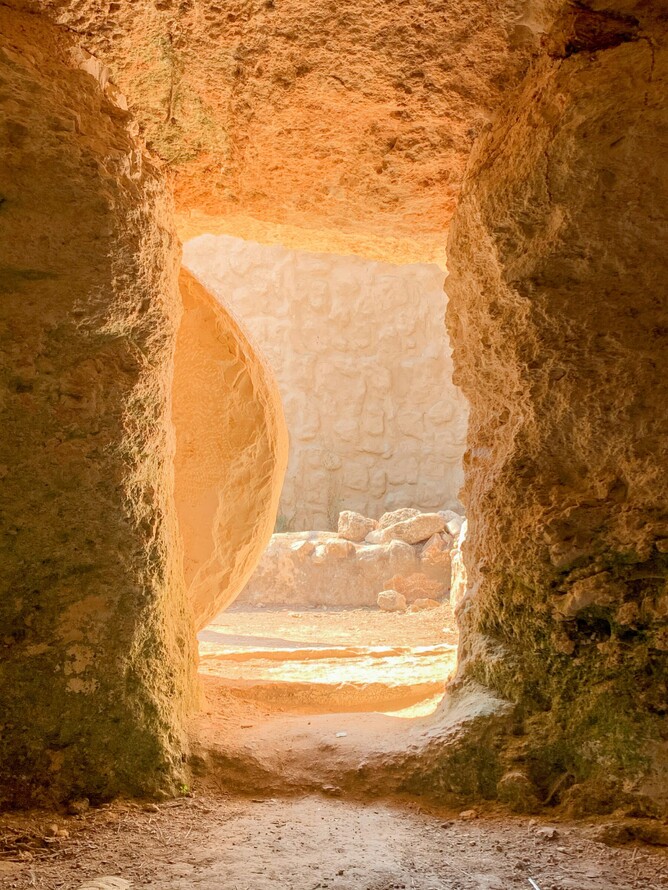By Mark Grace, CCCNZ Ambassador
Otiia e mohio ana ahau kei te ora toku kaihoko, a i nga wa i muri nei ka tu ia ki runga ki te whenua;
Auā ua ou iloa, o loo soifua le na te togiolaina a‘u; o aso amuli foi e tulai mai ai o ia i luga o le eleele.
I know that my redeemer lives,
and that in the end he will stand on the earth.
Job 19:25
In the mornings before sunrise, I have been meeting with God through the book of Job. Days away from Easter, I read these words:
I know that my redeemer lives,
and that in the end he will stand on the earth.
Job 19:25 is a stunning statement of hope. Millennia before the Messiah—the Redeemer, Jesus Christ—comes, Job places his hope in the redeeming character of God.
But these words don’t come from a place of happiness; they come from haplessness.
In Job 19, his life is utterly falling apart. He’s an outcast from his family, he is ostracized from friends, and he’s a stranger to his servants. His breath is offensive to his wife and he is a point of ridicule for children. He feels estranged from God, from family and from friends.
But in the midst of Job’s plight, there is hope. In his suffering, he looks to his saviour. He looks to the unchanging character of the God who saves him and redeems him for comfort and peace.
As we follow the thread of hope in Job (perhaps one of the earliest books in the Bible) through the law and the prophets, on into the gospels, through the letters and into Revelation, what do we find? We find that the glimpse of hope in Job points ultimately to Jesus Christ, the Redeemer.
We find the fullest expression of this hope in the person of Jesus Christ, sent to redeem his people from slavery to sin. Job’s hope is fully and finally revealed in Jesus Christ and his death and resurrection.
Job feels estranged. From God, from family and from friends. As deep as the sense of estrangement can feel, we know that there is a greater hope. Easter reminds that our Redeemer lives.



